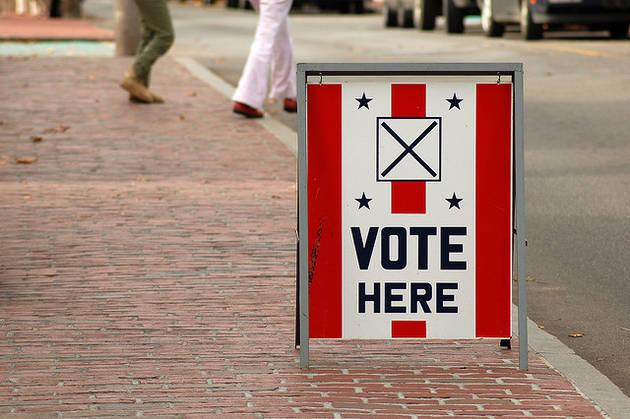The American Civil Liberties Union is opening its first South Carolina office in Charleston next week. The office will be located at 12 Exchage St. downtown, and there will be a ribbon-cutting ceremony at the Old Exchange next Wednesday at 2 p.m.
From The Post and Courier:
The location at 12 [Exchage] St. and the timing of the opening ceremony were planned to highlight the organization's mission, Interim Executive Director Graham Boyd said Thursday.
The Wednesday ribbon cutting is two days before Independence Day. The ceremony will be at the Old Exchange Building on East Bay Street, where South Carolina leaders ratified the U.S. Constitution in 1788.
"It symbolizes our mission, which is to defend the Constitution," Boyd said. "A lot of organizations raise their money by trying to vilify the ACLU, and that's fine if that's what works for them."
According to the PC, the organization's first mission in South Carolina will be to hold several community meetings across the state and survey state residents to find out what their biggest issues are.
This all comes after the national ACLU decided to take over the South Carolina chapter back in April, saying that the state affiliate was doing "irreparable harm" to the national organization, as reported by The New York Times:
“South Carolina as a state has a tremendous amount of civil liberties challenges, and our goal is to make sure there is a strong and viable affiliate to deal with those issues,” said Robert B. Remar, vice president of the A.C.L.U. and a lawyer in Atlanta.
Neil Caesar, president of the South Carolina affiliate’s board, said the action would damage the organization’s already fragile standing in South Carolina.
“I believe this will truly be harmful to the A.C.L.U. and how it is perceived in the state by both our friends and our enemies,” Mr. Caesar said.
The South Carolina affiliate has been troubled for the last decade, struggling financially, unable to find and retain an executive director, and overseen by a fractious board. Its last executive director embezzled from it. It has relied heavily on financial support from the national organization and has had little to show for its efforts until recently.
...
“When an affiliate becomes dysfunctional over a long period of time, it collapses, and this board cannot allow that,” said Scott T. Greenwood, a board member who presented the national organization’s arguments at Sunday’s hearing. “Civil liberties are going unguarded, and that’s unacceptable.”
The group's Columbia affiliate office closed this year.



